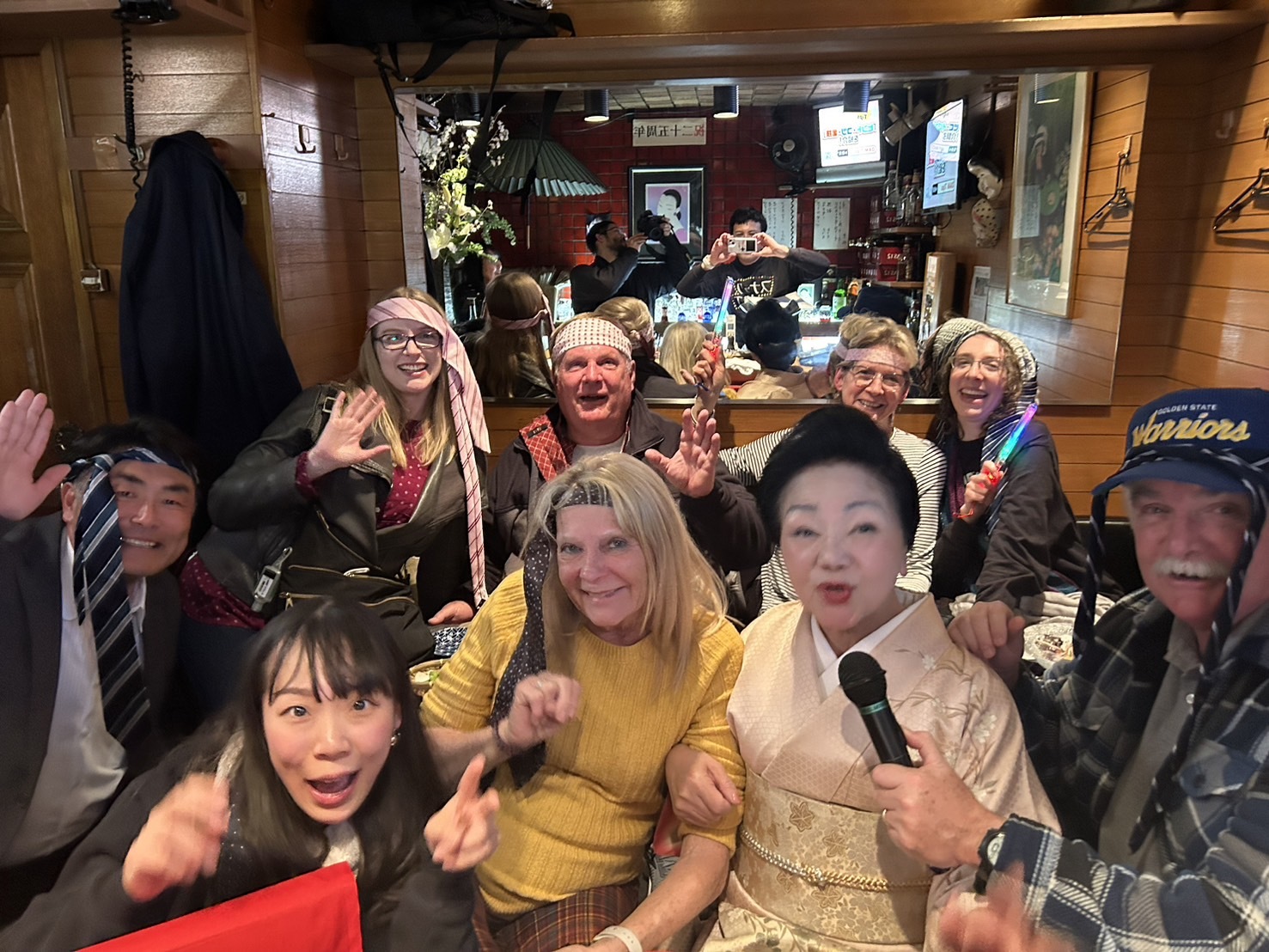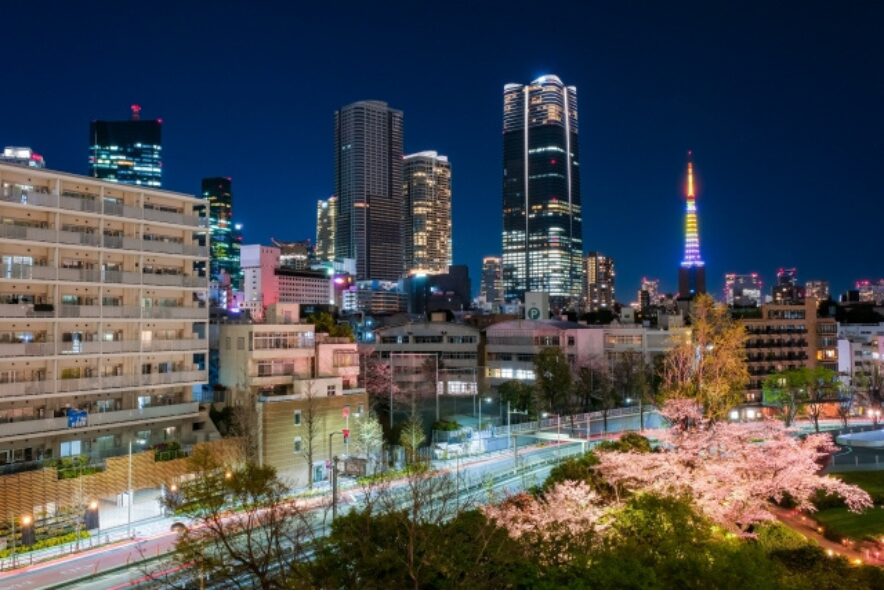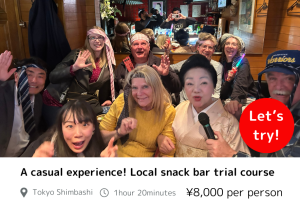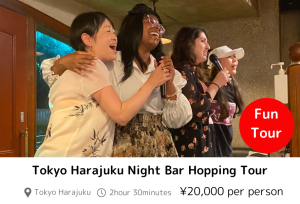When walking through Japan’s nightlife districts, one may encounter small signs and warm lights that stand in contrast to flashy neon and large chain establishments. These are snack bars. Emerging during Japan’s period of rapid economic growth, snack bars developed as casual places where office workers could stop by after work, share drinks, and enjoy conversation. Unlike bars or izakayas, they embody a unique cultural atmosphere that has become part of everyday life for local communities, while also attracting tourists seeking an authentic experience of Japan’s night. In recent years, snack bars have also begun to draw attention for their contribution to the “nighttime economy.”
Contents
A Culture Fostered by Snack Bars
Snack bars are more than just drinking establishments—they are places that connect people. The homemade dishes prepared by the owner and the casual conversations across the counter offer a warmth that cannot be found in other nightlife venues. These everyday interactions foster intimacy and a sense of humanity, making snack bars an integral part of Japanese culture. Many are independently owned and rooted in their neighborhoods rather than tied to large corporate chains, further highlighting their unique role in shaping Japan’s nightlife culture.
Community Hubs and Social Spaces
Snack bars also function as important community hubs. In many regional towns and residential areas, snack bars existed long before convenience stores, providing residents with a safe and familiar gathering place. The presence of the mama or master draws people in, while regulars naturally form connections with one another. Particularly in aging communities, snack bars help ease loneliness, while for city dwellers living alone, they provide a rare space for social interaction. In this way, snack bars contribute not only to entertainment but also to the stability of local society.
Contribution to the Nighttime Economy
As the Japanese government and local municipalities increasingly emphasize the nighttime economy as a driver of regional revitalization, snack bars have gained recognition as key players. For foreign visitors, they offer intimate and authentic experiences that large tourist venues cannot provide. Singing karaoke, chatting with locals, and enjoying the warmth of a small space enhances the value of their stay and turns snack bars into cultural attractions. Beyond direct sales of food and drinks, these establishments also generate ripple effects for nearby industries such as lodging and transportation. Though modest in scale, snack bars play a vital role in sustaining nighttime consumption.
Conclusion
Snack bars embody a unique blend of cultural value and social function in Japan. They connect people through homemade food and heartfelt conversations, serve as community anchors that ease loneliness, and provide tourists with an authentic glimpse into Japanese nightlife. Economically, they stimulate nighttime consumption and contribute to the broader nighttime economy, generating benefits that extend beyond their walls. By linking culture, community, and commerce, snack bars will continue to be indispensable players in supporting the vibrancy of Japan’s nights.
Would you like to make your snack bar debut with a snack tour?
Snack bars, beloved by many since the Showa era, can be found all over Japan. You can enjoy communication with the owner and other customers, as well as singing karaoke, allowing for a relaxing time.
Most snack bars have a policy of refusing entry to foreigners. However, with a tour, you’ll have a guide, so you can enter with peace of mind.
When visiting Japan, don’t just check off the tourist spots –
dive into local experiences for an unforgettable journey!

Once you experience it, you’ll be captivated too! The charm of snack bars.

New encounters with people! The camaraderie of singing at a snack bar! Conversations with the mama-san!





